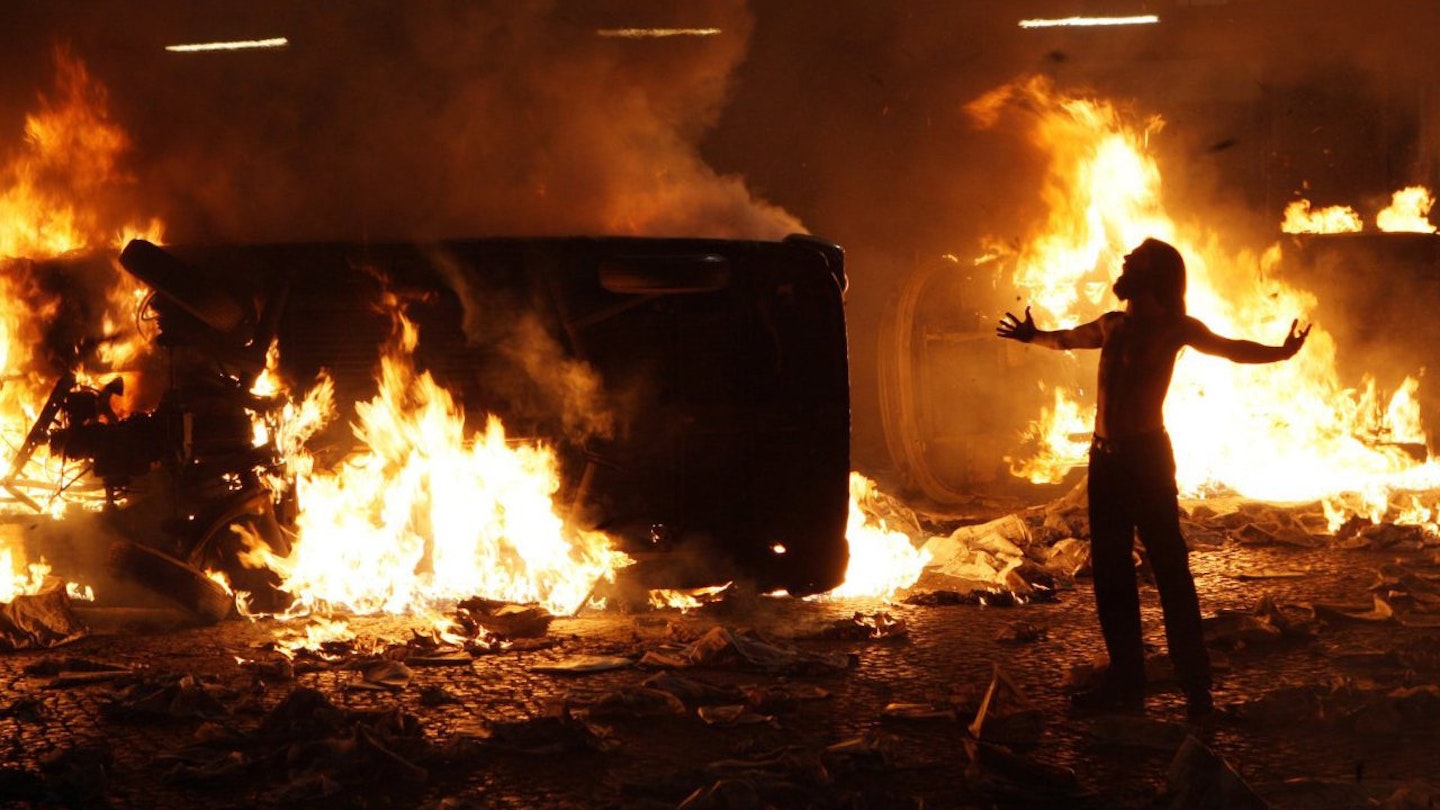The title of this long, gripping, German political-criminal docudrama is double-edged. Its “complex” is a pattern of destructive, neurotic behaviour — on the part of Western society as a whole, not just the few who feel terrorism is the only way to effect social change. But also, more obviously, it’s amazingly complicated. Director Uli Edel, returning from the TV movie wilderness (his last theatrical effort was The Little Vampire!), and producer-writer Bernd Eichinger don’t spoonfeed the audience the way even superior Hollywood political movies like JFK or Munich do. There are no blackboard diagrams or ‘who’s who’ lists to guide you through ten years of tangled, fraught history, and viewers are trusted to bring their own sense of moral outrage.
The spine of the film is an awards-quality performance from Martina Gedeck (The Lives Of Others) as Ulrike Meinhof, whose personal journey transforms her — in British terms — from Polly Toynbee to Myra Hindley. No-one just gets up one morning and decides to be a terrorist, and the film shows a range of events, both public (the attempted assassination of a youth leader, a vicious attack on peaceful demonstrators) and personal (a casually unfaithful husband), which spur a nice working mum to violence. Gudrun Ensslin, played terrifyingly by Johanna Wokalek, is the Spider Queen of the revolution, ever nagging the less worldly Andreas Baader towards bigger outrages.
There are vivid performances from the outstanding cast, but the film is more concerned with getting the facts straight than delivering a comforting explanation for its characters’ actions. It shows the privileged Germans irritating Third World rebels when they treat a Jordanian training camp as an adventure holiday, and defuses charges of glamorising terrorism by showing their hypocrisies (Baader is furious when someone steals his car) and lack of control over successor factions. It also effectively demolishes the myth of revolutionary solidarity and sexual freedom (perhaps the most appealing aspect of the Faction lifestyle — drawn more from Godard or Truffaut than reality) as the comrades plot bitterly against each from the outset.
